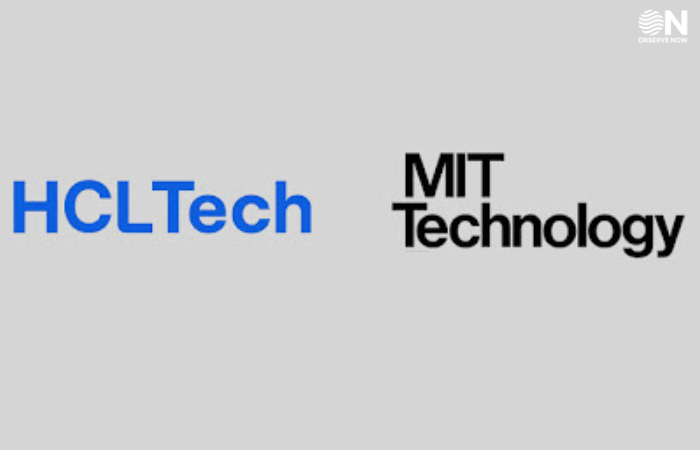HCLTech and MIT technology emphasises urgency for enterprises to implement responsible AI principles

A new study conducted by HCLTech and MIT Technology has unveiled a notable disparity in the realm of responsible AI adoption within businesses. While 87% of executives acknowledge that responsible AI principles are critical to implement, a staggering 85% feel unprepared to take the necessary steps to embed them into their operations.This gap highlights the complexities businesses face as they attempt to adopt responsible AI, with numerous challenges hindering their ability to act. Key obstacles include the complexity of implementation, lack of expertise, difficulties in managing operational risks, regulatory compliance challenges, and inadequate resource allocation.
Despite these barriers, the study offers a sense of optimism, as it indicates that business executives are planning to increase investments in responsible AI over the next year. This proactive shift demonstrates that while there are significant challenges, companies are beginning to prioritize responsible AI as a strategic goal. The report, titled Implementing Responsible AI in the Generative AI Age, was released during the World Economic Forum’s Annual Meeting in Davos and outlines the major hurdles enterprises face when integrating responsible AI, such as bias and fairness, data privacy, security concerns, regulatory compliance, operational disruptions, and user adoption. It also provides best practices for organizations to integrate AI responsibly and sustainably, aiming to bridge the readiness gap.
The study’s quantitative analysis, based on a survey of senior business leaders from across the globe, provides further insight into the current state of AI adoption. Generative AI and AI-driven transformation are moving from proof of concept to broader adoption, with executives acknowledging AI’s potential to drive innovation in business functions such as customer service, software development, and marketing. Furthermore, many executives believe that responsible AI offers a competitive advantage, and most businesses are planning to increase their investments in responsible AI initiatives within the next 12 months.
The report also highlights the growing adoption of agentic AI, which operates autonomously with minimal human involvement, particularly in lower-risk areas such as IT operations. However, while half of the respondents feel confident in managing operational risks, less than a quarter feel prepared to address challenges related to user adoption, change management, and bias mitigation.
Steven Hall, President of Europe and Chief AI Officer at ISG, spoke to the challenges businesses face in embracing AI. “Everybody understands how transformative AI is going to be and wants strong governance, but the operating model and the funding allocated to responsible AI are well below where they need to be given its criticality to the organisation,” Hall noted. He pointed out the significant disconnect between the recognition of AI’s transformative potential and the execution of a comprehensive strategy for its responsible adoption.
Vijay Guntur, CTO & Head of Ecosystems at HCLTech, emphasized that AI can be a powerful force for positive change in both businesses and society. However, he stated, “AI can be a tremendous force of positive change in businesses and society at large, but its full potential can only be realised when it can be trusted.”
To help bridge the “readiness gap,” HCLTech has made several key recommendations. Companies should establish robust enterprise-wide frameworks focusing on trustworthiness, ethics, safety, security, sustainability, regulatory compliance, and user empowerment. Additionally, organizations should collaborate with their tech partner ecosystems to pilot, test, and refine AI solutions. HCLTech has also launched an Office of Responsible AI and Governance to drive co-innovation and develop consulting capabilities, aiming to enhance the adoption of responsible AI practices across industries. As businesses focus on overcoming these challenges, responsible AI adoption is poised to be a critical factor in driving future success.
















